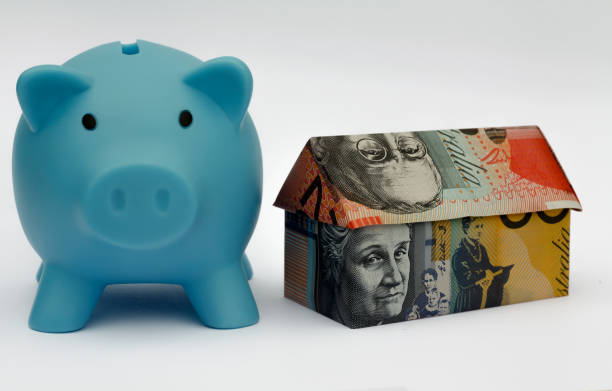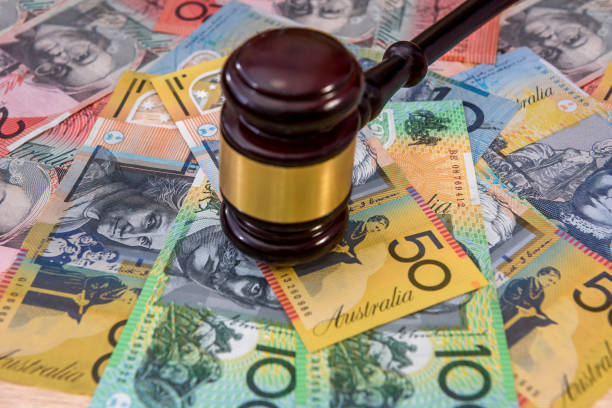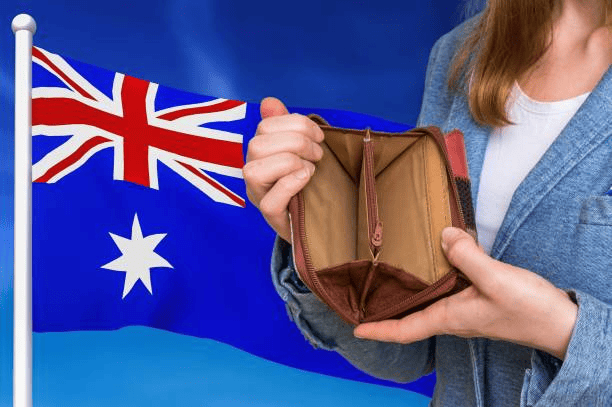Do you get bail money back? Bail money is the sum of money or property deposited as a guarantee for the defendant’s release from custody until their trial is over. The bail system in Australia can take various forms, including a financial recognizance or the imposition of non-financial conditions to ensure the defendant’s compliance.
What Is Bail?
We refer to an agreement to appear in court to respond to a criminal charge as bail. At any point during the criminal process, paid cash bail may be given. When the court grants bail, the bail undertaking is frequently subject to a number of restrictions.
These may entail giving up one’s passport or committing to routine police reports. One well-known requirement is to deposit a certain amount of money or security (i.e., property) with the court and to consent to having that money or security forfeited in the event that bail bond is violated. Bail bonds will be reimbursed following the conclusion of the court case.
Bail Bond Premium
In exchange for the bail bondsman’s assistance in posting the entire bail sum to the court, you must pay them a non-refundable fee known as the bail bond premium. Regardless of the outcome of the case or the defendant’s compliance with court appearances, this cost, which is normally approximately 10% of the total bail amount, is nonrefundable.
Property Bond
If you obtained a property bond, it indicates that you made a court offer to exchange the defendant’s release for the actual worth of your property. Like cash bail, property bonds entail the possibility of property being legally seized by the court in the event that the bond holder fails to appear in court.
Do You Get Bail Money Back: An Overview of the Process
The answer to the question, “do you get bail money back?” is definitely yes! If depositing money is a requirement of your cash bail arrangement, you will receive a reimbursement through an electronic funds transfer (EFT) to a designated bank. This is true regardless of whether you made the initial bail bond money deposit in cash or not.
If the money was deposited at the Supreme Court registry, it is still feasible to request a reimbursement of the money deposited as security once the criminal case has concluded or bail has been revoked. You can accomplish this by getting in touch with the court registry where the matter was handled.
To clarify matters, you must talk to the registry about the procedures concerning refunds. However, if you request the refund from the Supreme Court, you need to:
- fill out an Application for Bail Refund Form, and
- provide two kinds of identification must be presented to verify the identity of the intended recipient.
Payment to a third party – A letter of authority outlining the specifics of the solicitor’s trust fund account should be sent with the application if you would want to request that the funds be paid to a third party, such as a solicitor, a bail bond agent (or bail agent), or a bail bond company. The funds will then be electronically-transferred.
Consequently, the Court then records its interest on the property (caveat).

Do You Get Bail Money Back: Other Requirements
Other than those we have mentioned in the previous section, there are also other requirements in the bail refund process if it involves parties using property as security. These are:
- Complete the Withdrawal of Caveat form. To know more, here are the guidelines.
- Two (2) identification forms which show your signature.
- Signature of the deputy register once you complete the Withdrawal of Caveat form.
- Attend in person to the Registry of the Supreme Court (Level 5, 184 Phillip Street, Sydney).
- Return of the documents you submitted in relation to the property.
- Lodge the Withdrawal of Caveat form at the NSW Land Registry Services Office (1 Prince Albert Road, Queens Square, Sydney).
What Does the Bail Act 2013 Say?
Section 88 of the Bail Act 2013 requires courts to consider bail refunds after a defendant’s trial. However, the regulations may make additional provisions for the return of the bail money and bail security.
When Can the Court Impose a Bail Condition?
Section 23 of the Act states that the law allows the imposition of these conditions when the court grants bail or a bail decision is varied. Moreover, bail conditions can impose the following:
- Conduct requirements
- Security to be provided
- Character acknowledgments
- Accommodation requirements
- Accompaniment requirements
- Pre-release requirements
- Enforcement conditions
- Electronic monitoring
What Is a Bail Security Agreement?
A bail security agreement is a legal commitment where a person agrees to forfeit money if the defendant breaches bail conditions, addressing concerns of court appearance or reoffending.
Section 26 of the Act establishes the concept of bail conditions. These are the requirements:
- That the accused person, or one or more other acceptable persons, or both, enter into an agreement. Under such agreement, the person agrees to forfeit a specified amount of money if the person granted bail fails to appear before a court in accordance with his or her bail acknowledgment.
- That a specified amount of money be deposited with the bail authority (and agreed to be forfeited under such an agreement if the person granted bail fails to appear before a court in accordance with his or her bail acknowledgment).

Consult Our Lawyers at JB Solicitors
If you are seeking a refund of bail money in NSW, it is advisable to ask for legal assistance from our lawyers at JB Solicitors to make sure that you follow the proper procedures. Following the procedural rules can save you the hassle and avoid complicated situations that may occur during the bail bond process. We can also team up with bail bondsmen
It’s always best to seek legal advice early to understand your rights and options regarding your bail refund.
Remember to not rely solely on online information as legal matters can be complex and require individual assessment.
Contact us today.
